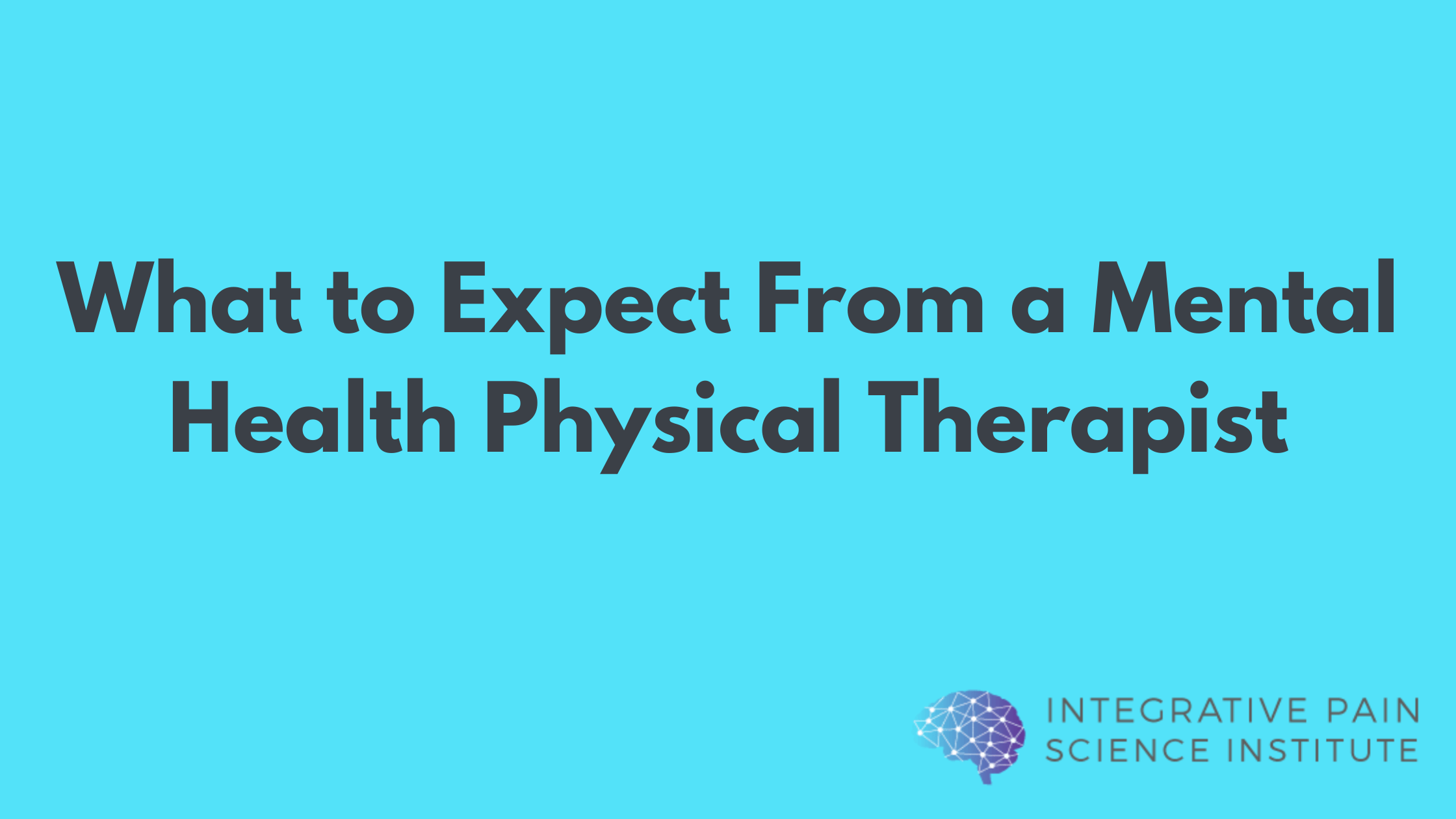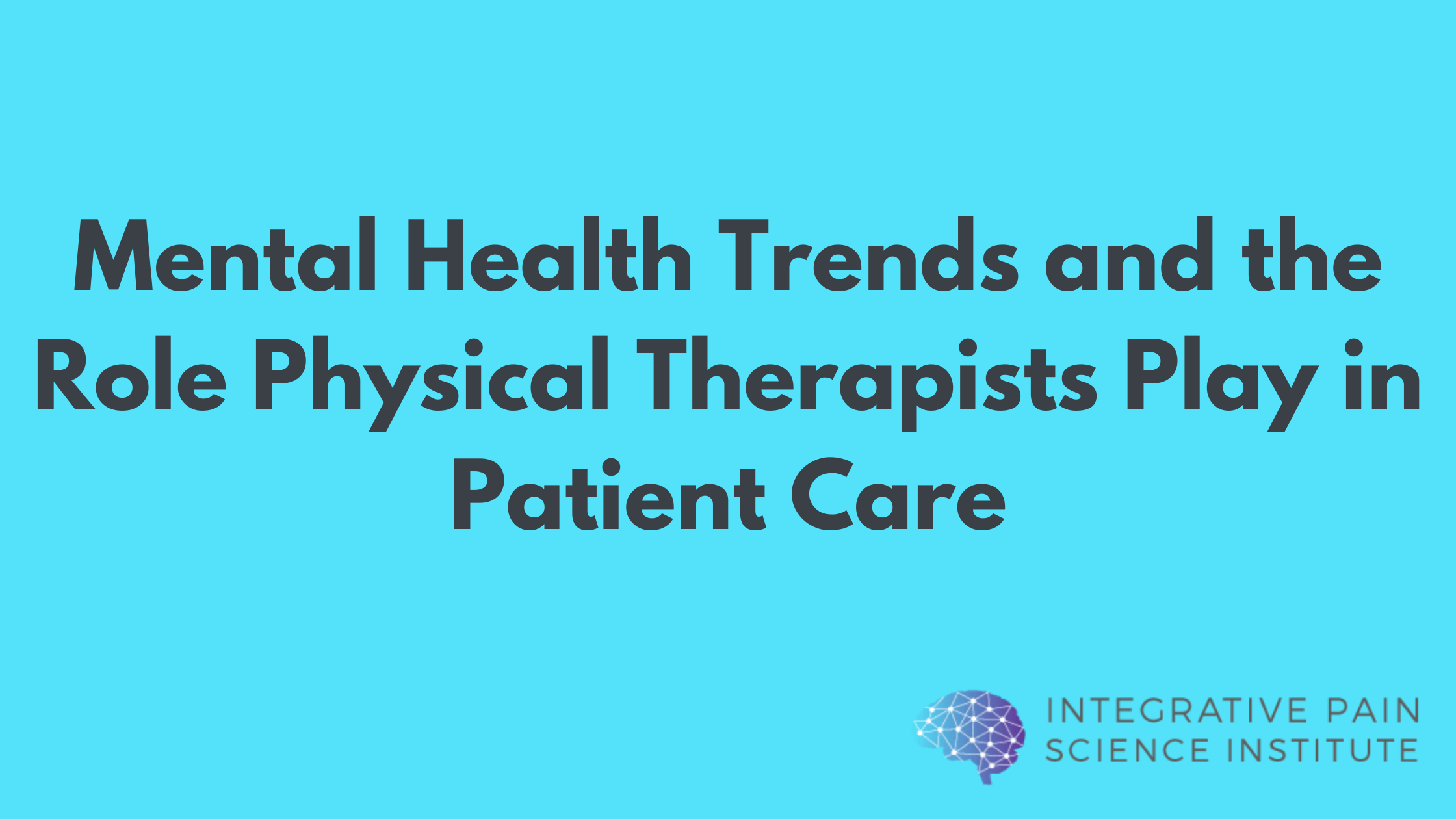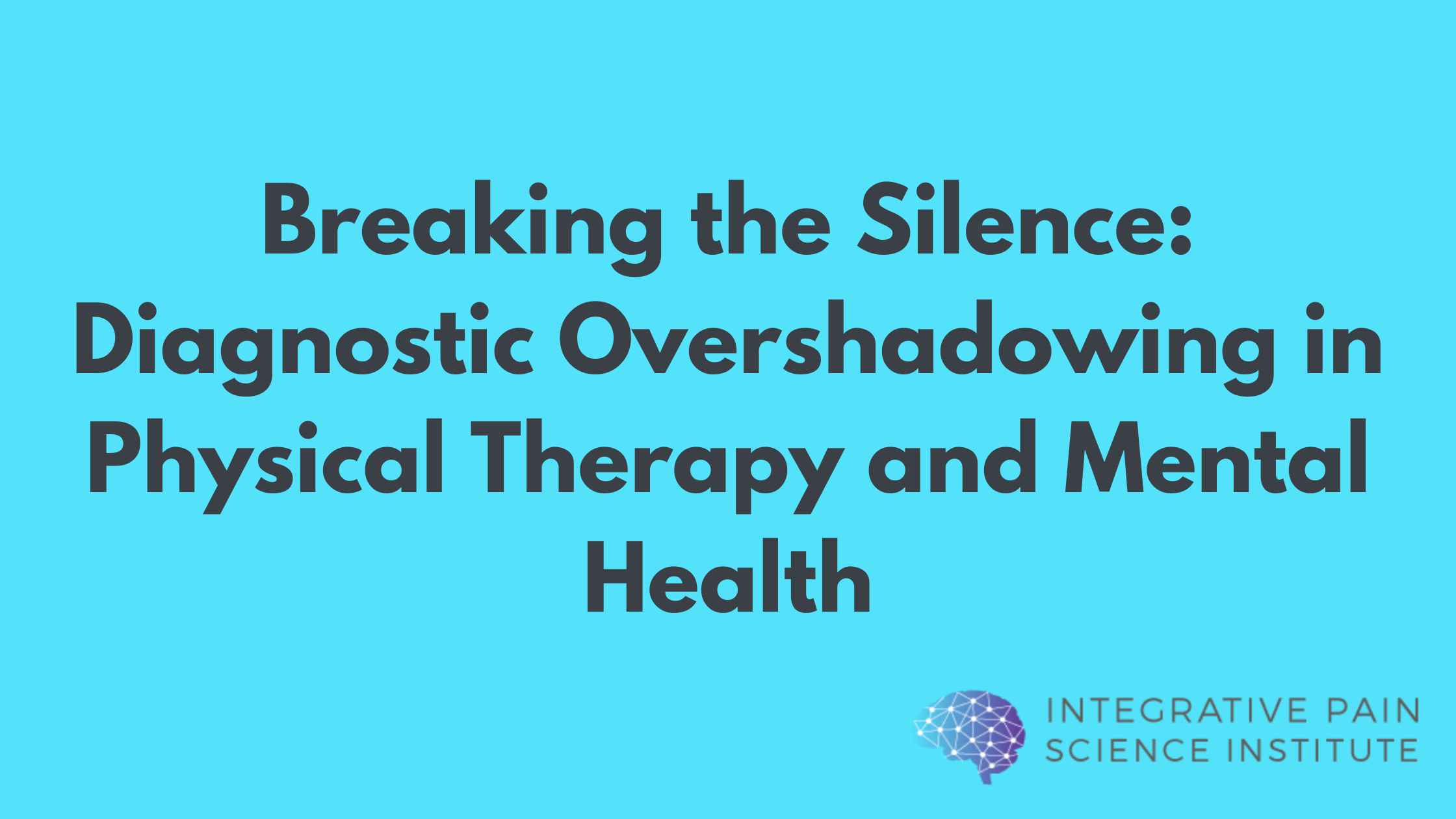The Effectiveness of Health Coaching Interventions on Reduction of Pain due to Knee Osteoarthritis
The global rate of chronic pain conditions is currently above 10%, and it continues to rise. One of the most prevalent conditions is osteoarthritis, which is estimated to impact at least 24% of the world’s population. It is considered a condition with high social impact, and has an estimated yearly national cost as high as €4,700 million in Spain.1 Osteoarthritis is associated with a number of common comorbidities including obesity, hypertension, depression, and diabetes. For this reason, the primary recommendation for treatment is non-pharmacological and focuses on education, weight loss, physical activity, and self-management of pain. This article summarizes the aims and possible results of a 2015 study in the BMC Musculoskeletal Disorders journal that will investigate the effectiveness of health coaching interventions on quality of life, pain levels, and comorbidities related to knee osteoarthritis.

How Can Health Coaching Help Patients with Knee Osteoarthritis?
The health coaching programs used in the study aim to resolve issues with traditional treatment practices for knee osteoarthritis which lack specificity and content that is tailored to each individual patient. Whereas traditional treatment is centered around education and information, coaching is considered a behavioral intervention with the goal of helping patients adopt healthier lifestyles and pain management practices themselves. This process also allows each patient to develop and attain their own health-related goals, which increases quality of life. Health coaching has been shown to increase treatment adherence in chronic pain patients, improve self-management of pain and glycemic control, and promote healthy diet and lifestyle changes.2,3,4,5 One of the most important effects of health coaching interventions is the potential for lifelong improvement and lasting impact on patients. Health coaching promotes a continuation of healthy lifestyles, which helps patients prevent other prevalent diseases and live healthier lives.
Is Health Coaching Effective for Patients with Knee Osteoarthritis?
In the study, 360 participants will be divided into a control group that receives typical treatment according to brief advice and recommendations from their primary care physicians and an intervention group that receives the health coaching program. The health coaching intervention program will consist of a month-long intensive phase followed by monthly follow-ups.
Plan for recruitment and contents of study.6
The researchers posit that the organized and in-depth coaching system would have a greater impact on pain and quality of life outcomes for patients compared to those in the control group. In addition, the program is intended to increase the results of practitioners and open new potential treatment options for patients worldwide.
Another critical part of the study is the intention to conduct qualitative interviews of participants to gather more evidence on the effectiveness of health coaching for individual patients. This qualitative arm of the study will produce a variety of individualized results that can be used to further understand the impact of health coaching and corroborate results from the quantitative arm of the study.
Though this is only a prospective study, the researchers identify several aims that they plan to accomplish. Firstly, one of the most important aspects of the study is to encourage the participating patients and professionals to reflect on their own practices and behaviors. Consistent self-reflection is proposed to enhance the quality of life of patients and promote healthier lifestyles, while improving the results of professionals and providing education on effective health coaching strategies. Additionally, data on the cost-effectiveness of implementing coaching programs will make clearer the benefits of integrating health coaching into practices.
Dr. Tatta’s simple and effective pain assessment tools. Quickly and easily assess pain so you can develop actionable solutions in less time.
How Can Physical Therapists Use this Study?
While this study still has not been completed, it is valuable for physical therapists and all healthcare providers for its explanation of the potential benefits of health coaching and the promise it shows. Both its intended strategies and expected results are consistent with subsequent research, making it a reliable source of information on the impact of health coaching and ways of integrating similar programs into physical therapy practices.
REFERENCES:
- Economic burden of knee and hip osteoarthritis in Spain. Loza E, Lopez-Gomez JM, Abasolo L, Maese J, Carmona L, Batlle-Gualda E, Artrocad Study Group. Arthritis Rheum. 2009 Feb 15; 61(2):158-6.
- HEALTH COACHING: a fresh, new approach to improve quality outcomes and compliance for patients with chronic conditions. Huffman MH Home Healthc Nurse. 2009 Sep; 27(8):490-6; quiz 496-8.
- Impact of peer health coaching on glycemic control in low-income patients with diabetes: a randomized controlled trial. Thom DH, Ghorob A, Hessler D, De Vore D, Chen E, Bodenheimer TA Ann Fam Med. 2013 Mar-Apr; 11(2):137-44.
- A randomized, clinical trial of education or motivational-interviewing-based coaching compared to usual care to improve cancer pain management. Thomas ML, Elliott JE, Rao SM, Fahey KF, Paul SM, Miaskowski COncol Nurs Forum. 2012 Jan; 39(1):39-49.
- Effectiveness of Australia’s Get Healthy Information and Coaching Service®: translational research with population wide impact. O’Hara BJ, Phongsavan P, Venugopal K, Eakin EG, Eggins D, Caterson H, King L, Allman-Farinelli M, Haas M, Bauman AE Prev Med. 2012 Oct; 55(4):292-298.
- Carmona-Terés, V., Lumillo-Gutiérrez, I., Jodar-Fernández, L., Rodriguez-Blanco, T., Moix-Queraltó, J., Pujol-Ribera, E., Mas, X., Batlle-Gualda, E., Gobbo-Montoya, M., & Berenguera, A. (2015). Effectiveness and cost-effectiveness of a health coaching intervention to improve the lifestyle of patients with knee osteoarthritis: cluster randomized clinical trial. BMC musculoskeletal disorders, 16, 38. https://doi.org/10.1186/s12891-015-0501-x



